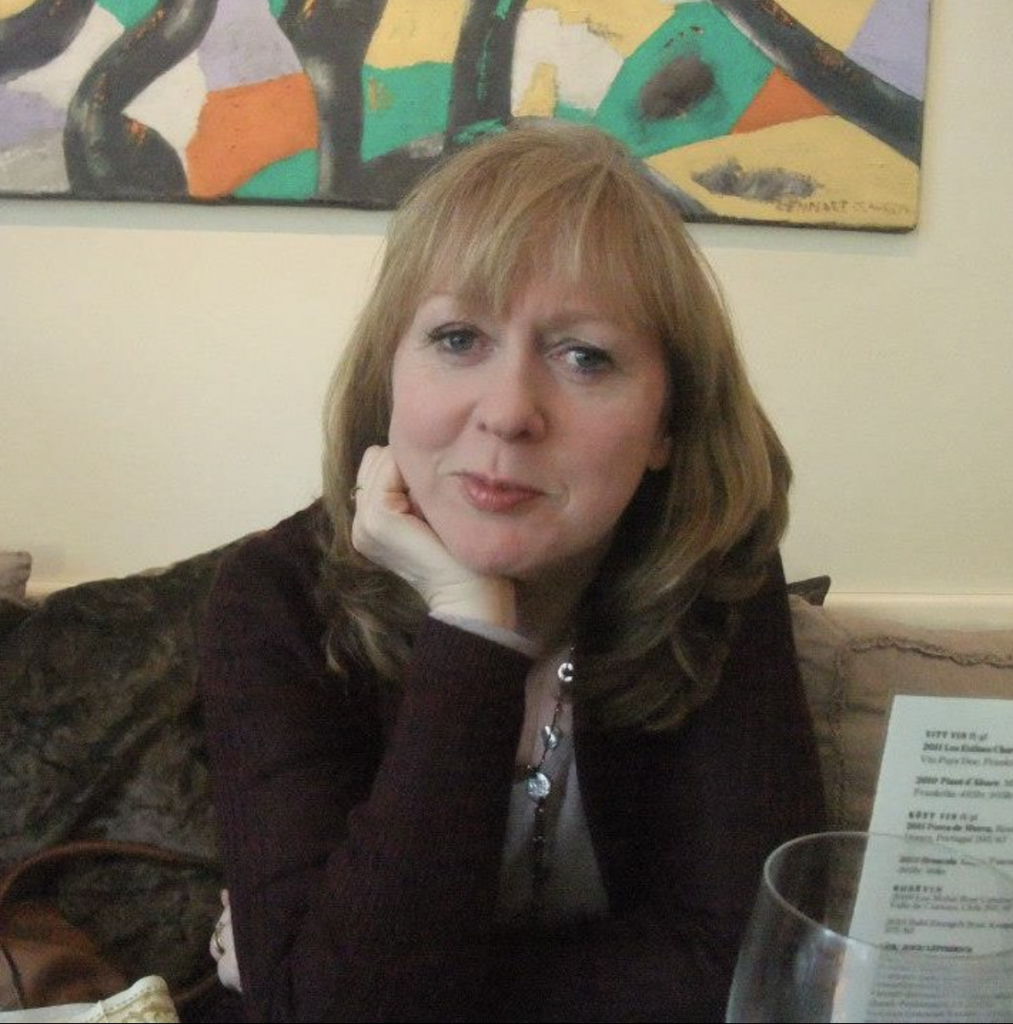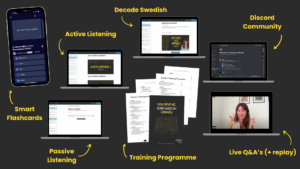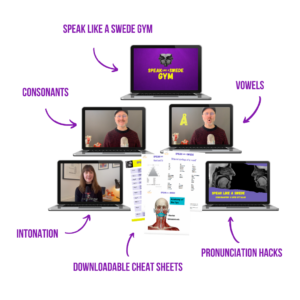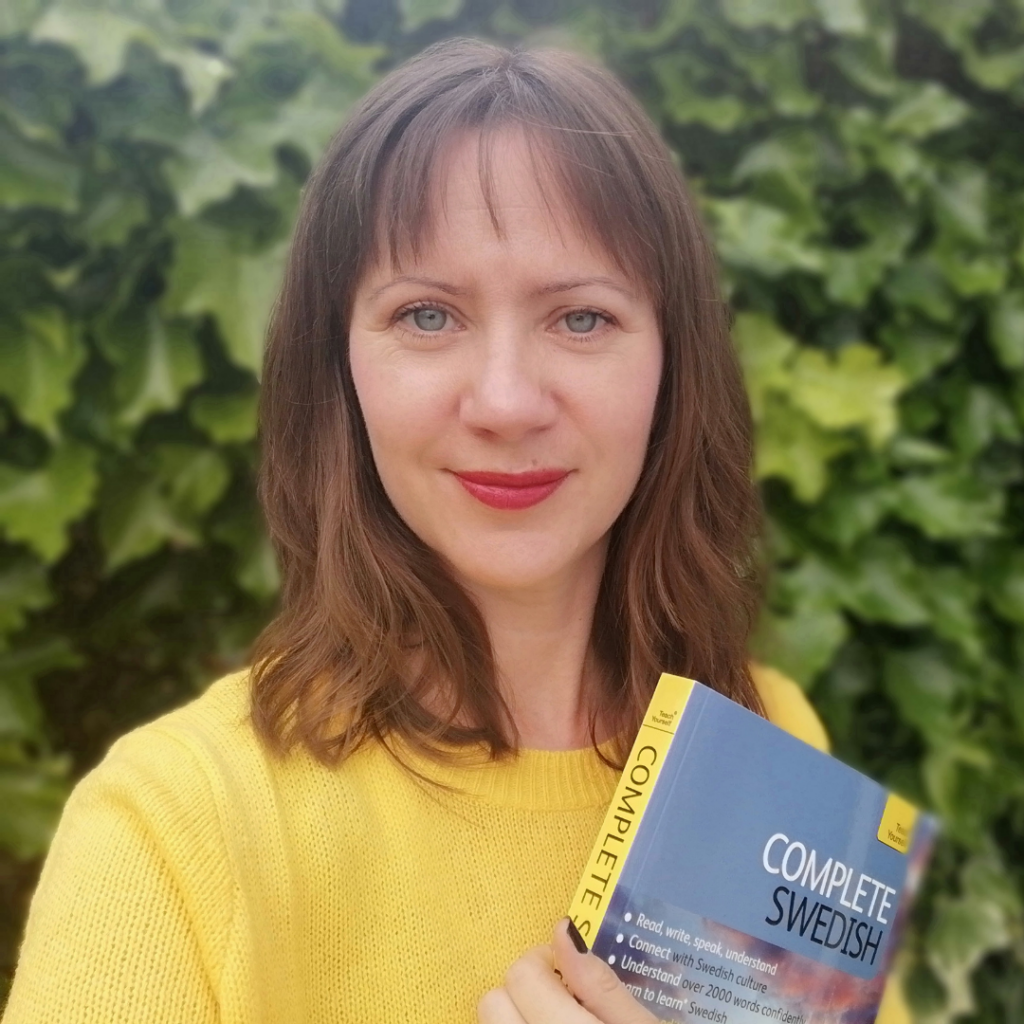Frances Quinn is originally from London, but now lives in Tunbridge Wells, Kent, and works as a freelance journalist.
Her interest in Sweden began with a childhood love of Abba: ‘When they were interviewed, they’d often be asked if they planned to move to London, but they always said no, Sweden is a fantastic country, that’s where we’ll stay,’ says Frances. ‘So I promised myself that one day I’d go there. Of course, when I finally did, I secretly hoped to bump into one of them, but 25 visits later, it still hasn’t happened. I’m starting to wonder if they’re avoiding me…’
What led you to want to learn Swedish?
The first time I went to Stockholm, I fell in love with it straight away. I knew I would want to come back often, and I think if you visit a country often, it’s rude not to learn the language. You get a lot more out of visiting a place if you speak the language too.
When and how did you start learning Swedish?
I started with an evening course at Westminster University in London, about 12 years ago. I did that for seven years, but left when they no longer had a native Swedish speaker to take classes. I carried on reading as much as I could and listening to Swedish radio, but I found that my spoken Swedish was getting very rusty and I needed practice. I googled for Swedish teachers and found Anneli.
How much do you currently use the Swedish language, and why?
I try to make every second book I read a Swedish one and listen to Swedish radio while I work. But apart from an hour a week with Anneli, I really only get to speak Swedish once or twice a year, when we go to Stockholm for holidays. But I take absolutely any chance I get to practise and have been known to strike up conversations with complete strangers on the train (in England) if I hear them speaking Swedish.
What have been the challenges for you in learning Swedish?
The fact that most Swedes speak such good English that you feel silly blundering on in their language when they could much more easily speak yours – which also means that they often switch to English even if you’re trying your best to speak Swedish. But you have to press on regardless. It took me ten years to get to the point where no one replies in English now, but it was very satisfying when I realised I’d reached that point.
What is your proudest moment as a Swedish speaker?
I’m always childishly pleased when any conversation with a stranger in Swedish goes well, but I think my proudest moment was sending back some wine in a restaurant because it was corked – I don’t much like doing that in English so it felt doubly brave to do it in Swedish! Oh and also a conversation with an optician to establish that my husband could buy spectacle frames there but get the lenses put in when we got home to the UK – that felt like a bit of an achievement, especially as I didn’t know the words for lenses or frames and had to work them out from signs in the shop.
My least proud moment was pretending to be half-Swedish when, after a night out and a few glasses of wine, I got chatting to some people on a train who asked me what language the book I was reading was in. I was busted when they asked me to read a bit out. How was I to know the guy sitting on the other side of the carriage was Norwegian?
Can you recommend any Swedish books that are good for learning Swedish? (Could be course books, grammar books, novels, or children’s books – anything!)
I learn a lot of Swedish words and phrases from Camilla Läckberg’s crime novels – she has a very straightforward way of writing and uses a lot of everyday but very useful phrases. If you’re not sure you’re ready to read a whole novel in Swedish, I recommend reading something that you’ve already read in English and liked – that way you know the gist of what’s going on, and you can pick up a lot of new words and phrases without constantly having to look things up.
Can you recommend any online/media resources for learning Swedish?
The Swedish tabloids’ websites, aftonbladet.se and expressen.se are great, because they write in a very clear style, with short sentences, and the language is very current.
Do you have any other advice for future, budding Swedish learners?
Force yourself to speak Swedish all the time when you’re there, or with Swedish speakers – it’s hard when they speak perfect English, but if you persevere, the feeling when you suddenly realise that you can hold a proper conversation makes it worth all the previous embarrassment.
If you’re going to be ordering in a restaurant, going shopping etc, think what people might say in response to you, and look up the words, so you’re not thrown when a shop assistant says ‘Vill du ha en påse?’ or a waiter asks ‘Något att dricka?’ That way you don’t get that moment of hesitation when they realise you don’t understand, and they’re less likely to switch to English and sabotage your practice plans!
Read Swedish books that you would be interested in anyway, that way the learning doesn’t feel like work. And keep a notebook of useful words and phrases and try to learn a few a day – they soon mount up.







